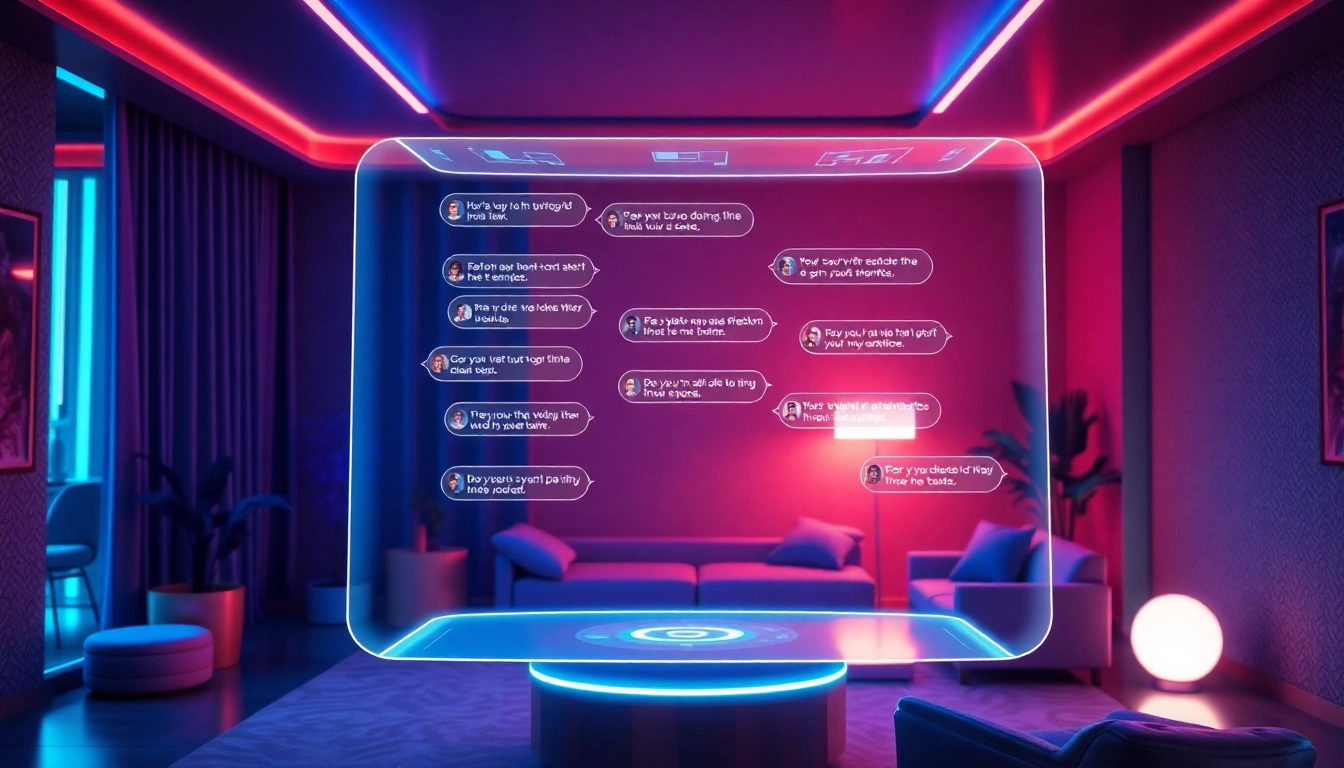The Emotional Impact of a Relationship Breakup
Experiencing a relationship breakup can bring a whirlwind of emotions, often leading to feelings of confusion, sadness, and pain. The emotional toll it takes can be incredibly profound, not only due to the loss of the relationship itself but also because of the dreams and future plans that were shared with a partner. Understanding the depth of this emotional impact is crucial to moving forward effectively.
Understanding Grief Associated with Relationship Breakup
When we talk about grief in the context of a breakup, it is essential to recognize that it mirrors the grieving process experienced after any significant loss. This kind of grief can manifest in various stages, as outlined by numerous psychological models.
- Denial: Many individuals may initially refuse to accept that the relationship has ended. During this stage, there might be a sense of disbelief or numbness.
- Anger: Following denial, feelings of anger can surface. This anger might be directed at an ex-partner, oneself, or even external circumstances that contributed to the breakup.
- Bargaining: Individuals often find themselves thinking about what they could have changed to save the relationship, which can lead to intense feelings of regret.
- Depression: As the reality sinks in, feelings of sadness, hopelessness, and isolation often set in. It’s a natural part of the grieving process, indicating that emotional healing can take substantial time.
- Acceptance: The final stage involves coming to terms with the breakup, allowing individuals to start rebuilding and moving forward.
Common Emotional Reactions Post-Breakup
After a breakup, people tend to experience a wide range of emotions. Understanding these emotional reactions can help individuals navigate through their feelings.
- Sadness: A deep feeling of loss often permeates after a breakup, leading to symptoms of depression.
- Anxiety: Worrying about the future, being alone, or reflecting on the past can lead to heightened anxiety levels.
- Insecurity: Breakups can trigger feelings of inadequacy or self-worth issues as individuals might start questioning their desirability.
- Relief: In cases of long-term unhappiness, a sense of relief may set in, giving way to hope for a better future.
Why Closure Matters After a Relationship Breakup
Closure is often highlighted as an essential component of the healing process after a relationship breakup. Without proper closure, individuals may struggle to move past the relationship, being haunted by unresolved feelings and questions. Proper closure involves honest conversations, reflection, and understanding the reasons behind the breakup. It helps people to digest not only what transpired but also the lessons learned, paving the way for future relationships.
Navigating the Stages of a Relationship Breakup
When navigating through a breakup, understanding the stages leading up to it can help clarify and simplify what can often feel like a chaotic experience. Here’s how an individual can navigate this difficult journey.
Recognizing Signs of a Failing Relationship
The first step in effectively managing a breakup is recognizing the signs that indicate a relationship may not be sustainable. Some of these signs include:
- Persistent Arguments: Frequent conflict without resolution can signify deeper-rooted issues.
- Lack of Communication: If honest conversation becomes non-existent, it’s often a sign of an unhealthy relationship.
- Loss of Intimacy: When the emotional and physical connections wane, partners may feel increasingly disconnected.
- Different Future Goals: Diverging life paths can lead to inevitable misunderstandings and dissatisfaction.
Steps to Initiate a Relationship Breakup Intentionally
Once you’ve recognized the signs of a failing relationship, the next step is to initiate the breakup process with care and intention. Consider these steps:
- Reflect on Your Reasons: Clearly define why you want to break up to prevent confusion during the conversation.
- Choose the Right Moment: Timing matters; pick a time and place where you can have an uninterrupted conversation.
- Be Honest and Kind: Approach the conversation with empathy, outlining your feelings without placing blame.
- Establish Boundaries: Clearly communicate what the next steps will be, whether it includes maintaining friendship or needing space.
Managing the Aftermath: Coping Strategies
Facing the aftermath of a relationship breakup involves confronting a wave of emotions. Employing effective coping strategies can ease the transition:
- Limit Contact: Initially, maintaining distance can help in the healing process.
- Express Your Feelings: Journaling or talking to a friend can provide an outlet for expressing emotions.
- Engage in Self-Care: Activities such as exercise, meditation, or pursuing hobbies can help lift your spirits.
- Seek Social Support: Surrounding yourself with supportive friends can provide comfort during tough times.
Support Systems for Healing After a Relationship Breakup
Support networks play a critical role in recovery after a breakup. Establishing a solid support system can facilitate healing and personal growth.
The Role of Friends and Family in Recovery
Your immediate support system can provide invaluable comfort and perspective during emotionally turbulent times. Friends and family can offer:
- Emotional Support: A listening ear and emotional validation can help alleviate feelings of loneliness.
- Practical Help: Assistance with day-to-day tasks can reduce stress levels during a challenging time.
- A Different Perspective: Friends and family can provide insights and observations that one might not see in their emotional state.
Professional Help: When to Seek Therapy After a Relationship Breakup
In some situations, individuals find it challenging to navigate their emotions post-breakup. Engaging with a professional therapist can offer a structured way to process these feelings:
- Understanding Grief: Therapy can help individuals process their grief in a healthy way.
- Develop Coping Mechanisms: A therapist can provide strategies tailored to individual needs and healing processes.
- Addressing Mental Health Issues: If post-breakup feelings escalate into anxiety or depression, professional help is vital.
Building a Supportive Network Post-Breakup
After a breakup, it’s often beneficial to expand one’s social circle. This not only encourages moving on but also provides opportunities to meet new people. Consider these strategies:
- Join Groups or Clubs: Pursuing interests can lead to new friendships.
- Volunteer Work: Helping others can provide a sense of purpose and community.
- Reconnect with Old Friends: Reviving past connections can provide comfort and familiarity during a time of change.
Practical Tips for Moving On After a Relationship Breakup
Moving on after a breakup is a personal journey that requires patience and resilience. Here are practical tips for healing and rediscovering oneself:
Self-Care Techniques to Heal a Broken Heart
Prioritizing self-care is essential in the healing process after a relationship breakup. Engaging in activities that promote physical, emotional, and mental health can significantly aid recovery:
- Maintain a Routine: Establishing a healthy daily routine can foster stability during instability.
- Practice Mindfulness: Techniques such as meditation and yoga can promote emotional healing by encouraging present-moment awareness.
- Maintain Physical Health: Regular exercise, a balanced diet, and adequate sleep are critical in managing emotional distress.
Rediscovering Yourself Post-Breakup
After a breakup, it’s vital to reconnect with one’s identity. Here are ways to rediscover yourself:
- Engage in New Experiences: Trying new activities or hobbies can reignite passion and interest.
- Reflect on Personal Values: Taking time to consider what truly matters can guide future relationships.
- Focus on Goals: Setting personal or professional goals can shift focus away from the breakup and onto personal growth.
Strategies for Staying Positive During Recovery
Staying positive can be challenging post-breakup, yet it’s crucial for recovery. Consider these strategies:
- Practice Gratitude: Focusing on the positives in life can lift one’s spirits and change the perspective on loss.
- Limit Negative Influences: Steer clear of negative people or situations that may exacerbate feelings of sadness.
- Seek Inspiration: Engage with uplifting books, podcasts, or films that can motivate and inspire.
Healthy Relationship Practices to Avoid Future Heartbreaks
After healing from a breakup, understanding what went wrong can help in cultivating healthier relationships in the future. Here are some practices to consider:
Recognizing Patterns in Relationship Breakups
To avoid repeating past mistakes, one must recognize common patterns leading to previous breakups. Consider keeping a journal through past relationships to identify:
- Recurring Issues: Patterns of conflict or miscommunication can provide insights into why relationships failed.
- Triggers: Understanding what typically leads to conflict can help in managing reactions in future relationships.
Communicating Needs and Boundaries Effectively
Cultivating healthy communication skills is key to successful relationships. Essential aspects include:
- Expressing Needs: Clearly stating needs and expectations can prevent misunderstandings.
- Setting Boundaries: Healthy relationships thrive on boundaries; individuals must feel comfortable setting and enforcing their limits.
Building Resilient Relationships Moving Forward
Future relationships have the potential to flourish if built on resilience and understanding. These practices can foster stronger connections:
- Encourage Vulnerability: Create an environment where both partners can express their feelings openly without judgment.
- Support Each Other’s Growth: A healthy partnership should encourage individual growth and mutual support.
- Prioritize Conflict Resolution: Emphasize healthy conflict management strategies that promote understanding rather than defensiveness.



